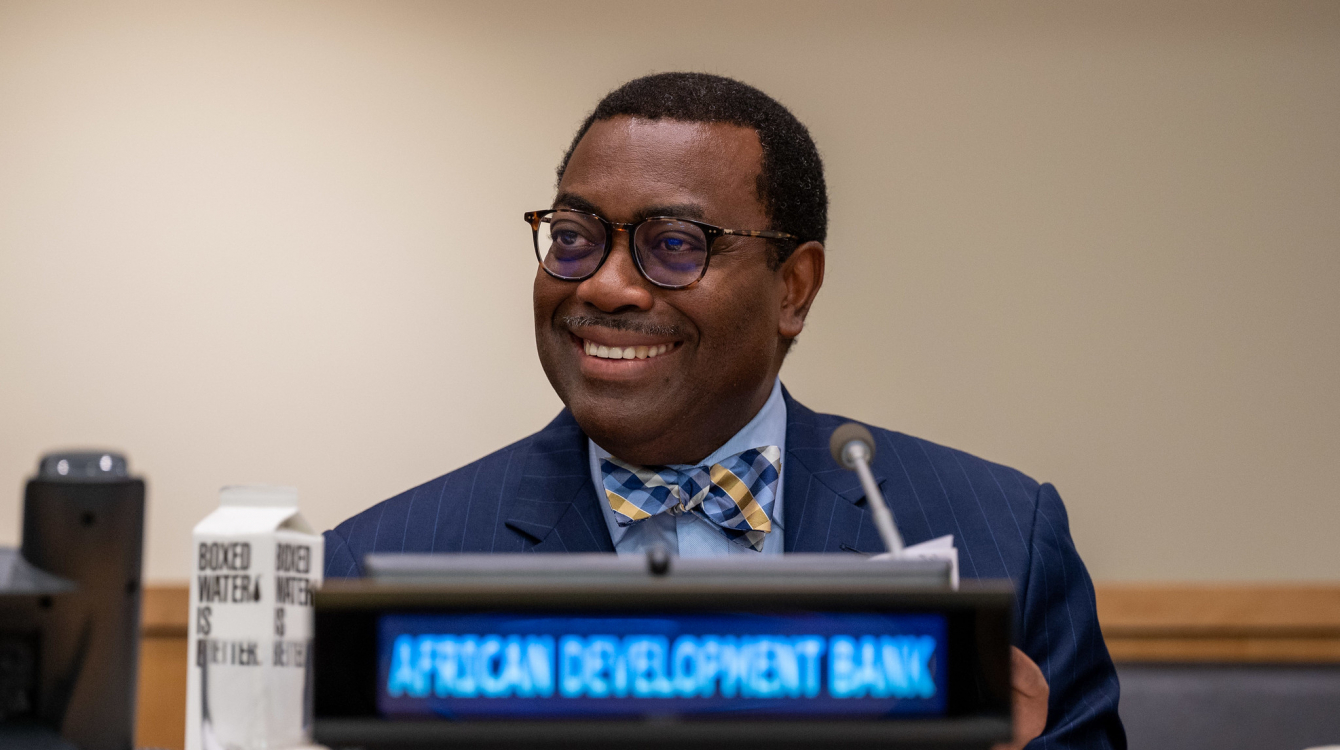Akinwumi Adesina, the President of the African Development Bank, has voiced concerns over the inadequacy of climate finance allocated to Africa. Speaking at the annual meetings of the multilateral lender in Sharm El-Sheikh, Egypt, Adesina emphasised the urgent need for increased private-sector financing to address the pressing climate challenges faced by the continent. He stressed that Africa is currently being short-changed in terms of climate finance, necessitating a significant rise in funding.
Adesina highlighted the immense task at hand and underscored the importance of mobilising resources to support climate-related initiatives in Africa. He emphasised that private-sector financing for climate initiatives in Africa must increase by 36% annually between now and 2030. Such a substantial boost in funding is crucial to effectively tackle the adverse effects of climate change, foster sustainable development, and build resilience across the continent.
Africa is particularly vulnerable to the impacts of climate change, with its economies and populations heavily reliant on climate-sensitive sectors such as agriculture, fisheries, and natural resources. The continent faces a range of challenges, including extreme weather events, water scarcity, deforestation, and the erosion of biodiversity. Adequate climate finance is essential to help African nations adapt to these challenges, transition to low-carbon economies, and mitigate the adverse effects of climate change on vulnerable communities.
Adesina’s call for increased private-sector financing for climate initiatives in Africa aligns with the global commitment to address climate change outlined in the Paris Agreement. The agreement emphasises the need for developed countries to provide financial support to developing nations to aid in their climate resilience efforts and sustainable development.
The African Development Bank, as a key player in the continent’s development, has been actively working to mobilise climate finance and support African countries in their climate-related endeavours. However, Adesina’s remarks highlight the pressing need for greater collaboration and increased financial commitments from various stakeholders, including governments, development banks, and the private sector.
By investing in climate-resilient infrastructure, renewable energy projects, sustainable agriculture, and other climate adaptation and mitigation measures, Africa can unlock its immense potential for green growth and foster a more sustainable and inclusive future.
Addressing the climate finance gap in Africa requires concerted efforts from the international community, financial institutions, and African governments. It is imperative to bridge this gap to ensure that Africa receives the necessary resources and support to tackle climate change effectively and build a resilient and prosperous future for its people.

